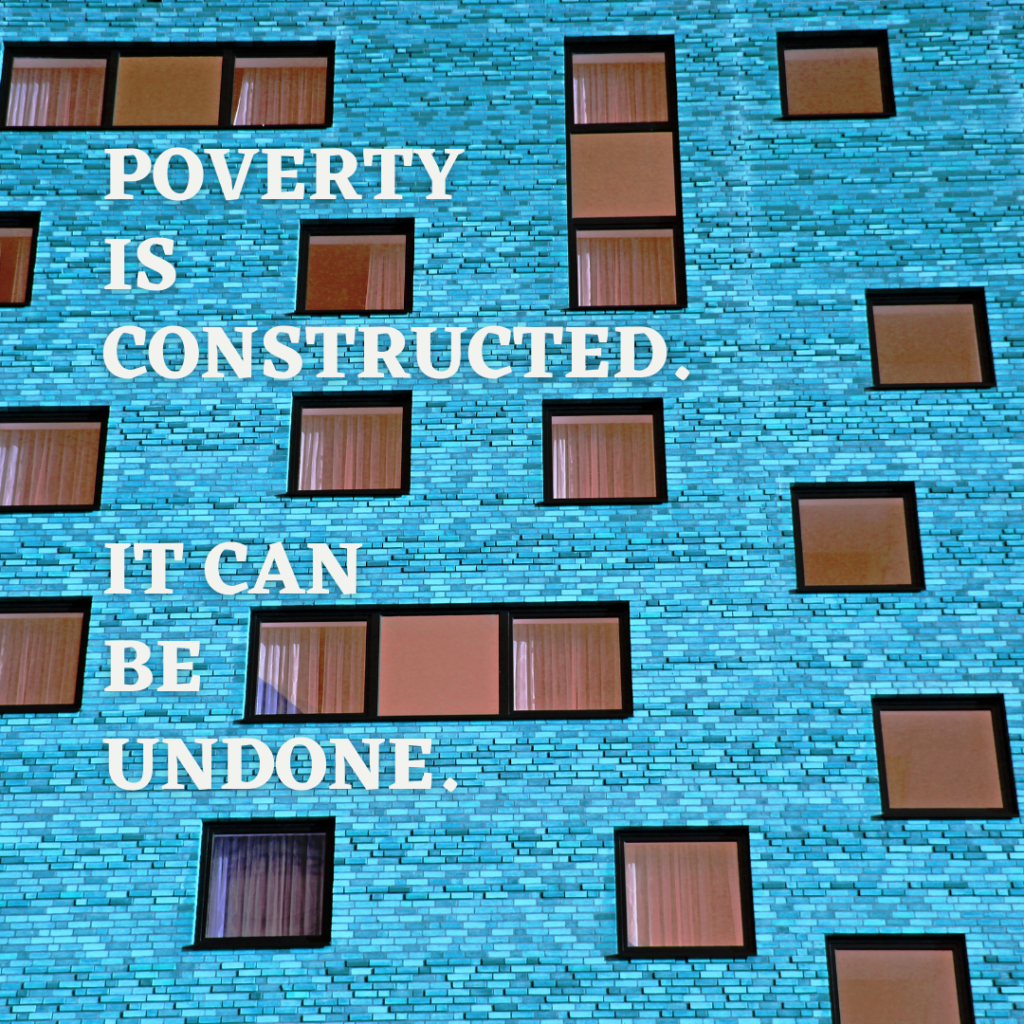Labor Day Reflection

Throughout the pandemic, I have been checking in with our partner agencies to see how their staff and members are doing, what challenges they are facing, and how we can continue to support them. I have been on several phone calls lately when people have asked me, “And how are you doing at the Darst Center?” My basic response has been, “I’m simply grateful I have a job and that I am healthy.” This year’s Labor Day seems more poignant to me in the thick of the COVID-19 pandemic, uprisings against state violence and racism, and widespread poverty. So many of us are looking for work, trying to make it in the gig economy, and just struggling to get by. The current distribution of wealth in the economy and the intense concentration of that wealth in the hands of a very small percentage of people cannot and will not sustain us. In the tradition of Catholic Social Teaching, the call is for us to build an economy that must serve the people rather than suffer as people to serve the economy. The dignity of work and the rights of workers is of utmost importance to the safety, health, and connectedness of our communities. We know wage theft, unemployment, and exploitation of workers contributes to and exacerbates systemic racism, sexism, and violence. This doesn’t have to be the final word, though.
Poverty is constructed. It can be undone. The Darst Center is honored to be in relationship with several organizations who fight each day to reform unjust structures and policies, build new pathways for dignified labor, and make space to build an economy that serves us, the people. What would a large-scale moral and ethical framework for labor look like and feel like? What if we created workplaces that supported us as whole human beings? Take some time to dream into these questions as you learn more about local organizations here in Chicago doing work on the ground.
Arise Chicago - engage and learn about the vital connections between faith and labor. Arise Chicago also has excellent resources on the minimum wage increase that happened in Illinois July 1, 2020. Ensuring full payment of the new minimum wage is vital to make sure workers don't fall even further into poverty. The minimum wage increase is also a race and gender justice issue:
- The majority of minimum wage workers are women, immigrants, and workers of color.
- Low-wage jobs are the least safe and least regulated.
- Black and Latinx communities have been hardest hit by COVID-19.
- Domestic workers, previously excluded from employment protections based on historically racist and sexist federal law, are often overlooked.
Latino Union - the Albany Park Workers Center is a critical hiring hub for day laborers and cleaning professionals. Latino Union continues to support individuals and families who lost their jobs due to the pandemic and who don’t qualify for specific benefits. When the Workers Center can find work for people, the team fights against wage theft to ensure that workers are paid a fair wage for their time and energy. Want to learn more about wage theft and its widespread nature? Click here for details.
Working Family Solidarity - WFS is a member of the Chicago Housing Justice League which believes “that housing is more than shelter, that it is the platform for meaningful aspects of life: friends, neighbors, school, and our sense of place and belonging.” WFS and coalition members are fighting for the Just Cause to Evict Ordinance in Chicago. By ensuring housing is kept affordable and that evictions are not done without just cause, families can maintain proximity to their jobs, schools, and communities of support. Read more about invisible evictions here and an in depth study here. You can also join the WFS Free Racial Unity Teach-In Series starting September 16 here. While Labor Day has passed, you can still take time before the weather turns too cold to spend a few minutes learning about the Pullman Strike - an event that took place in 1894 after George Pullman drastically cut wages for railroad workers without reducing any housing or other costs in the Pullman company town. George Pullman refused to meet with the workers to hear their objections. During the strike, President Grover Cleveland signed a bill declaring Labor Day a national holiday, a gesture that was clearly insufficient to get the workers a fair wage and safe working conditions. You can read more about the history here.
We lift up those of us who have lost their jobs in the pandemic. May our collective community care for one other in mutuality and solidarity. May we all use our brilliance and our wisdom to imagine and build communities of abundance and economic equity.
 -Rachel Lyons, Program Director
-Rachel Lyons, Program Director
